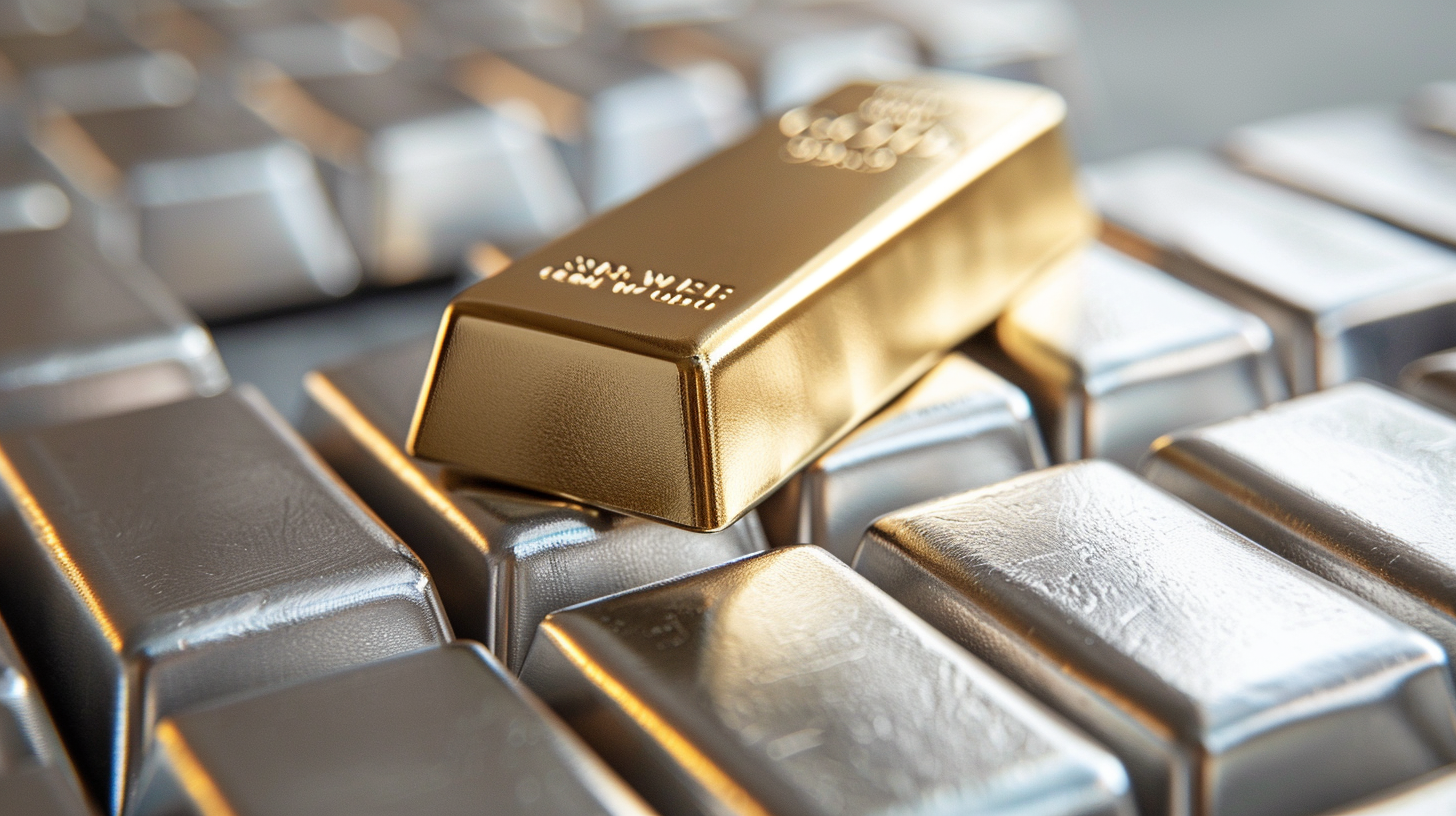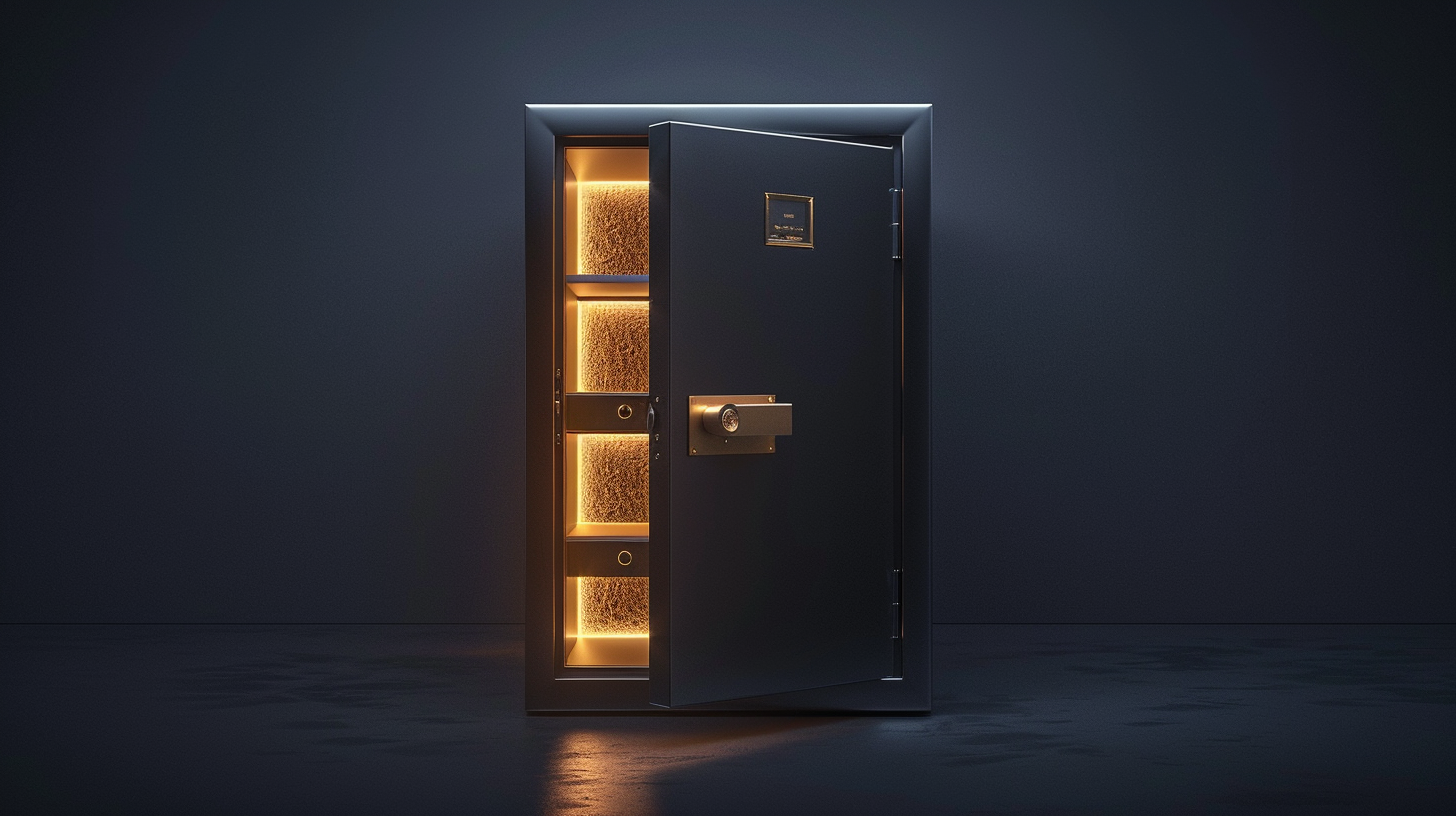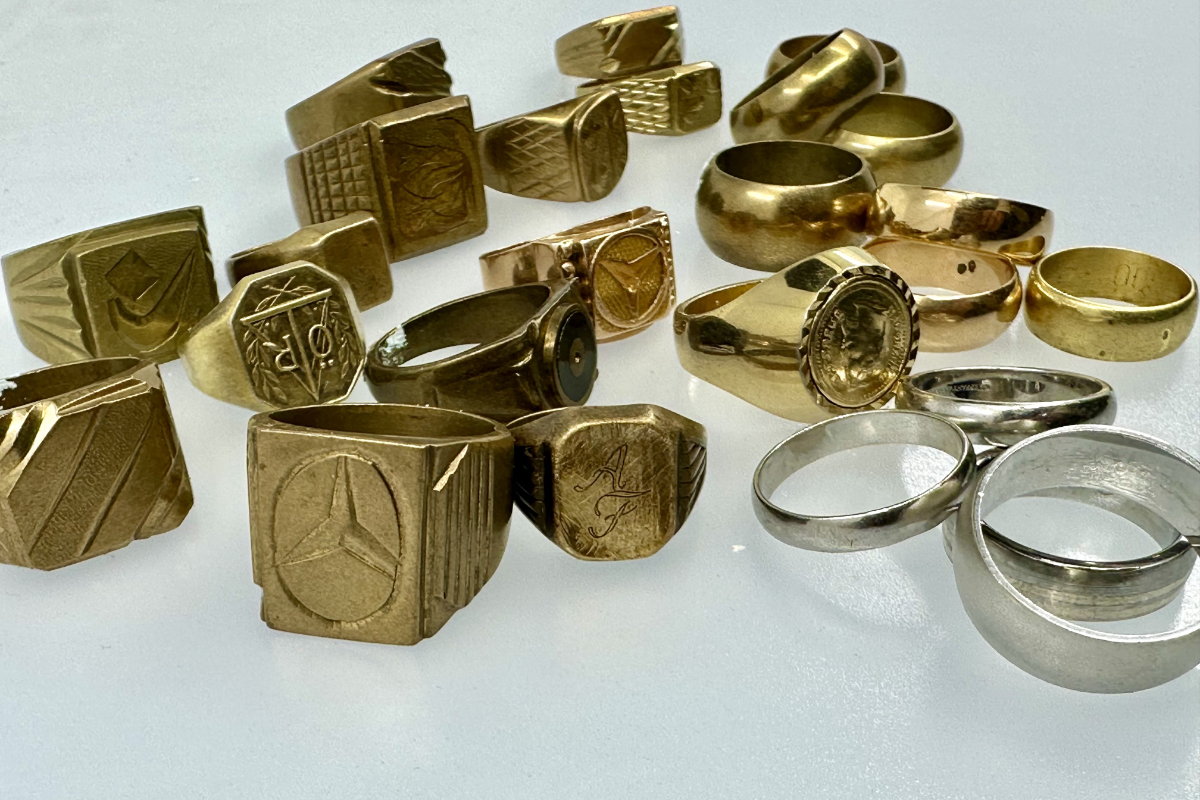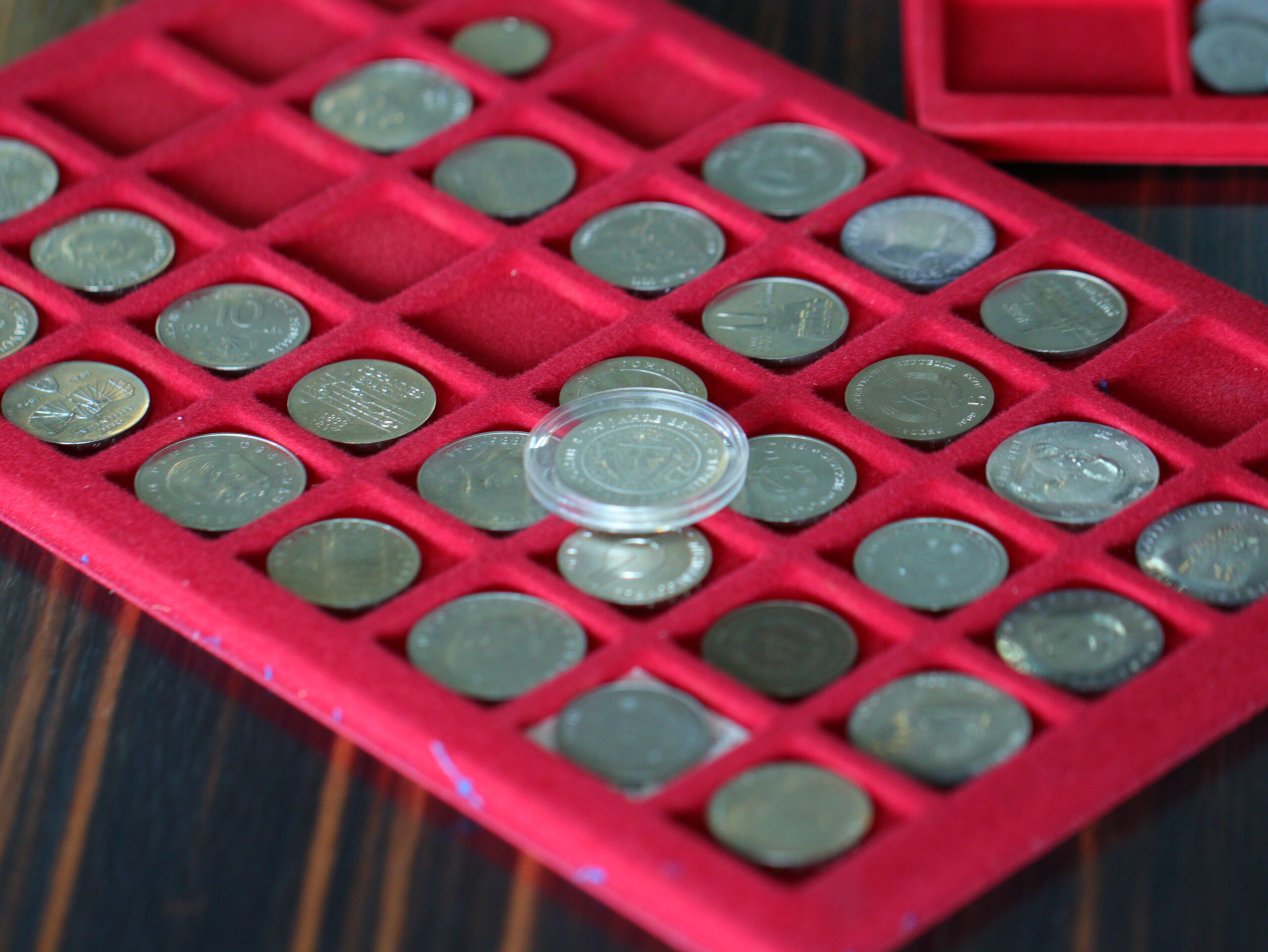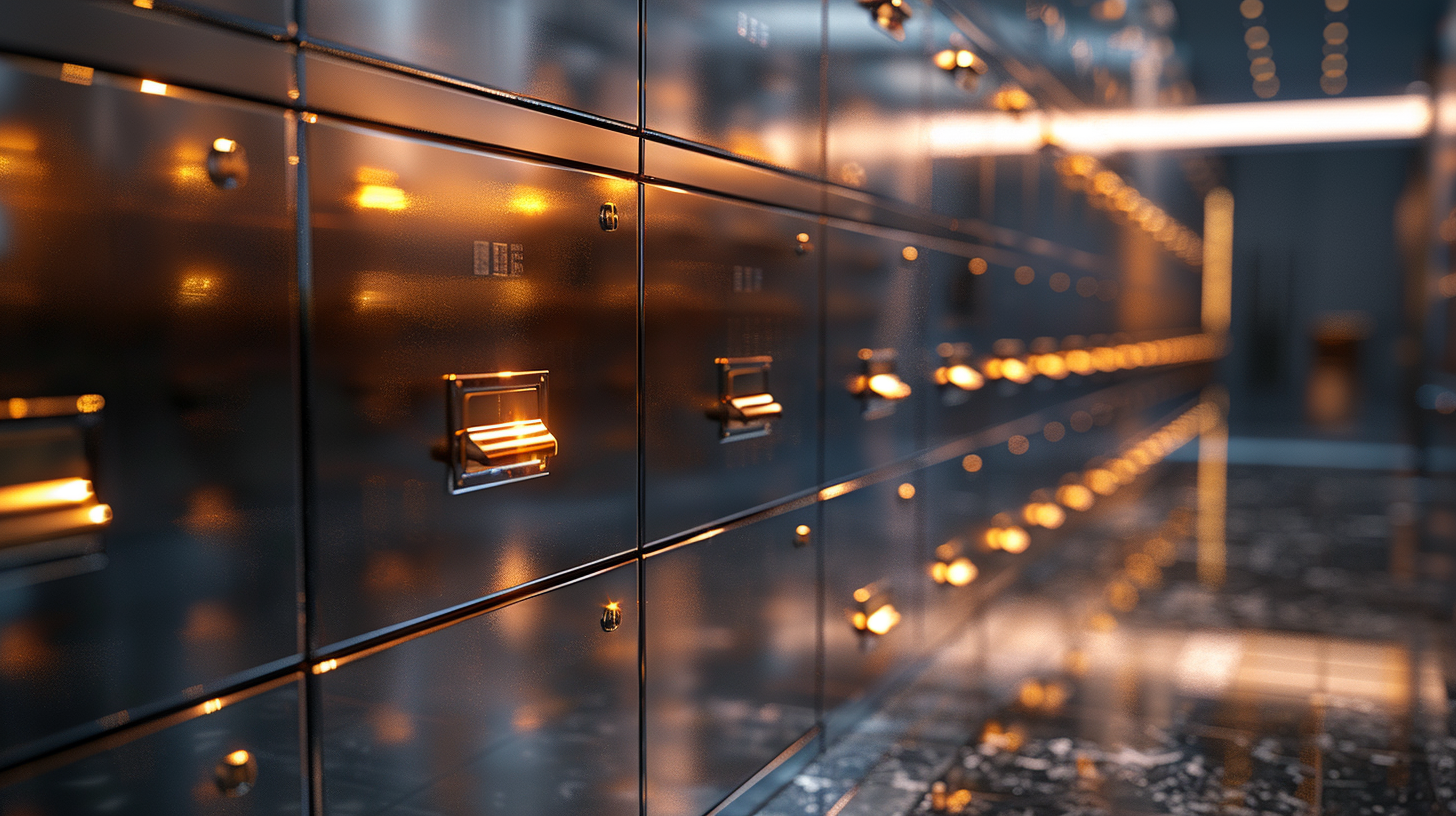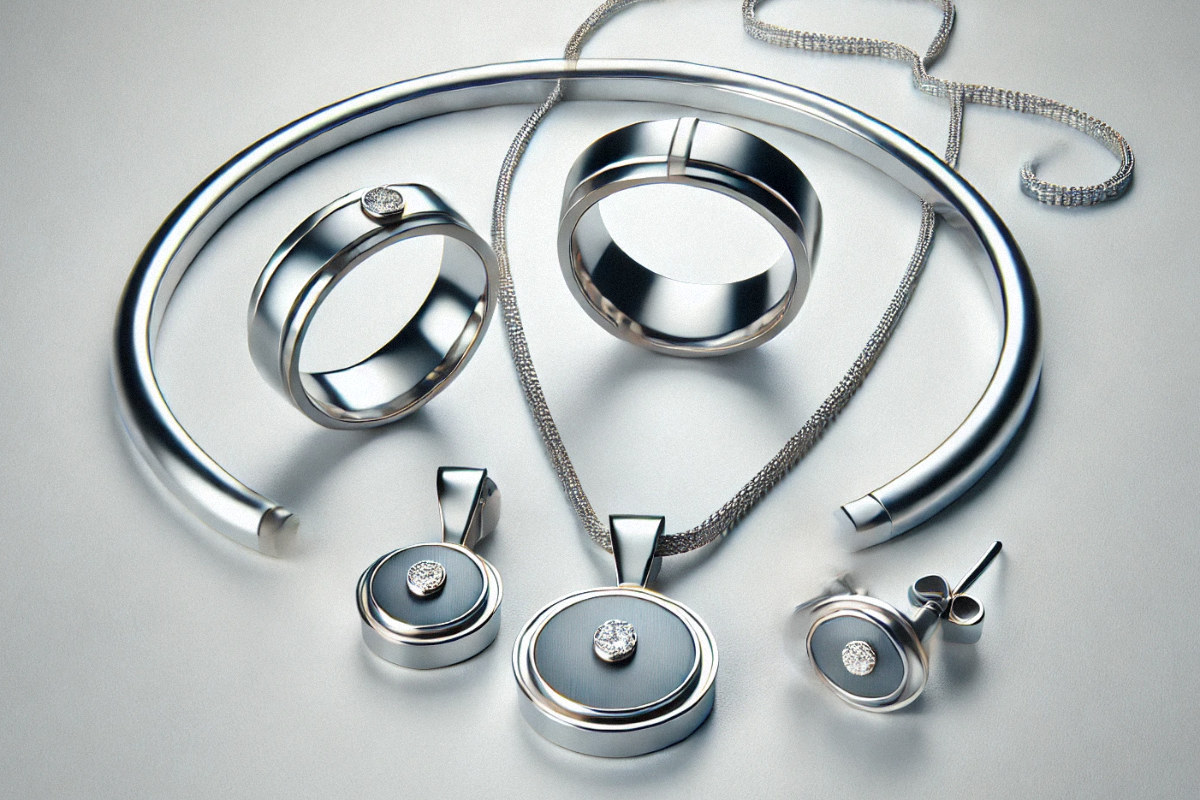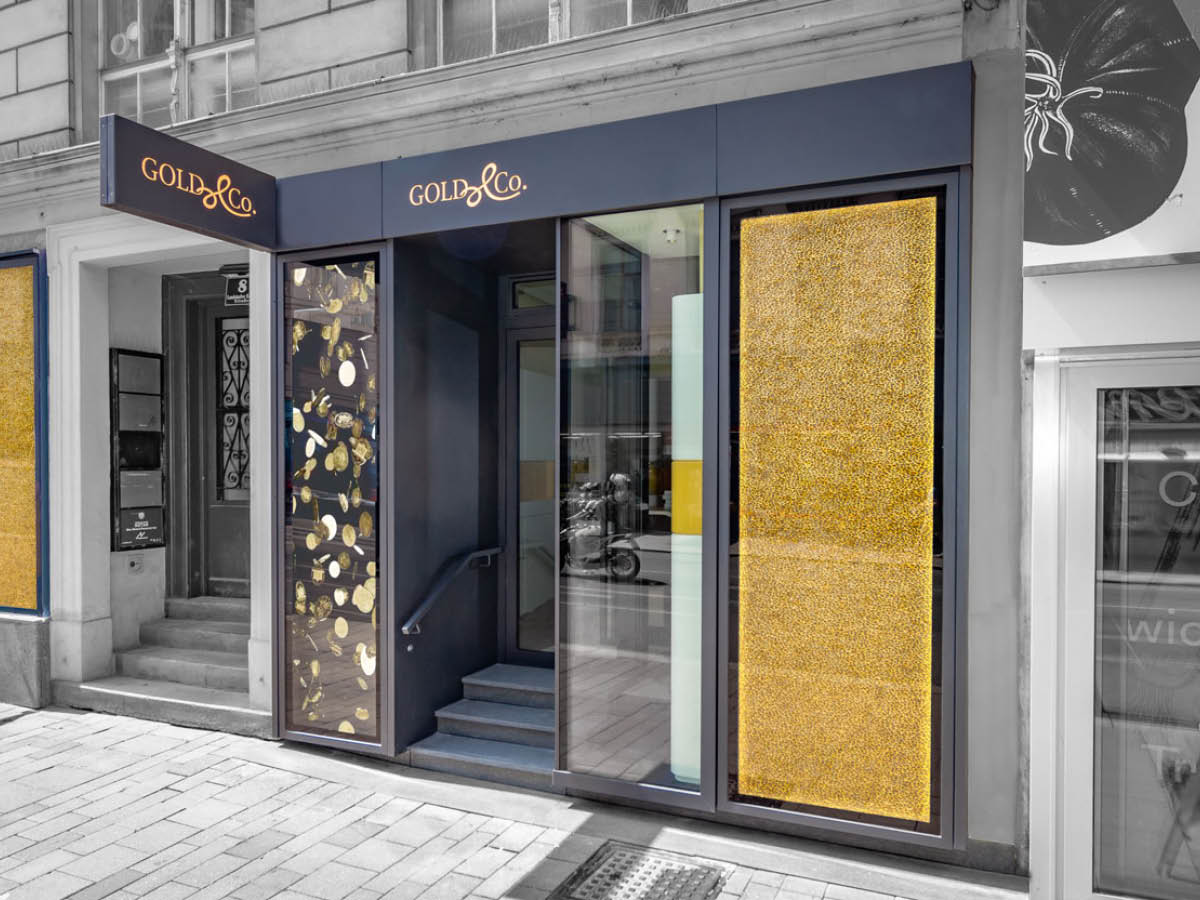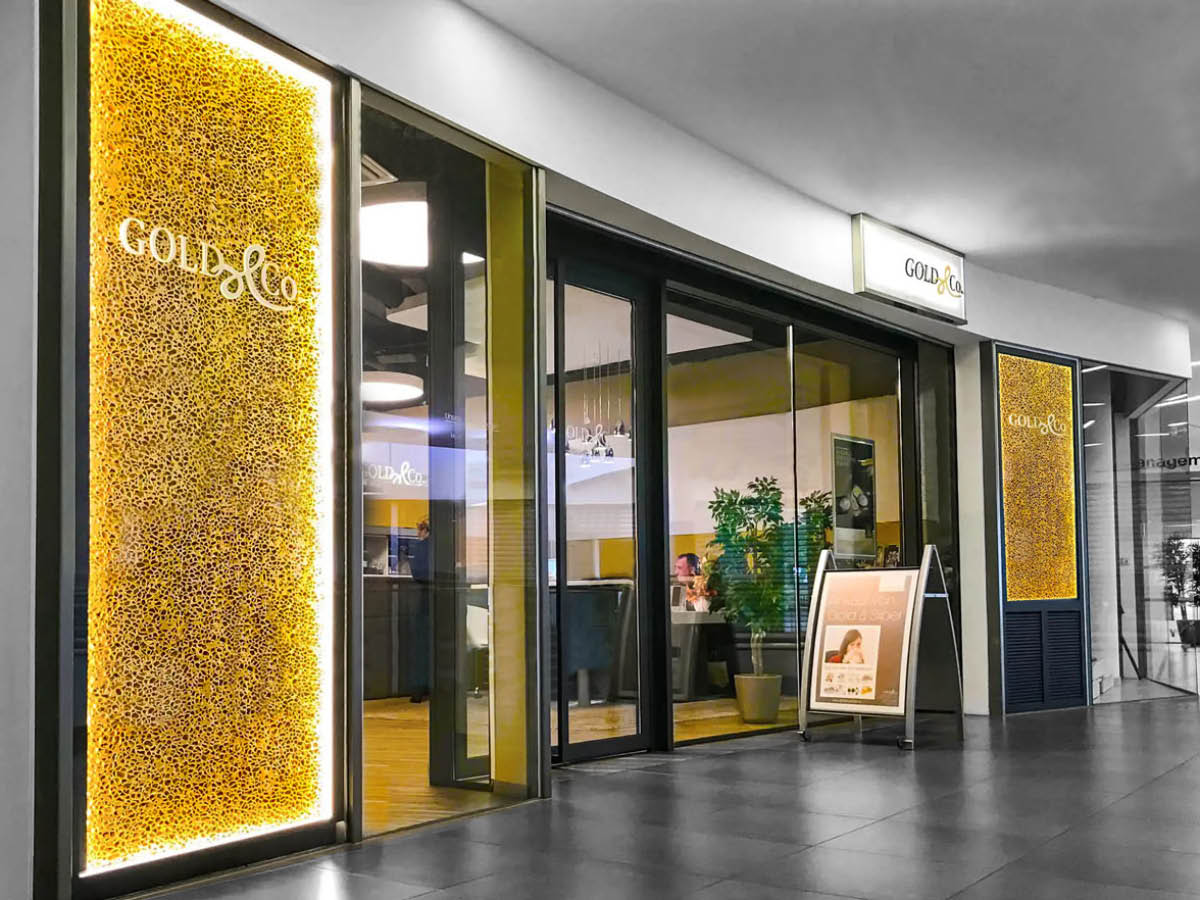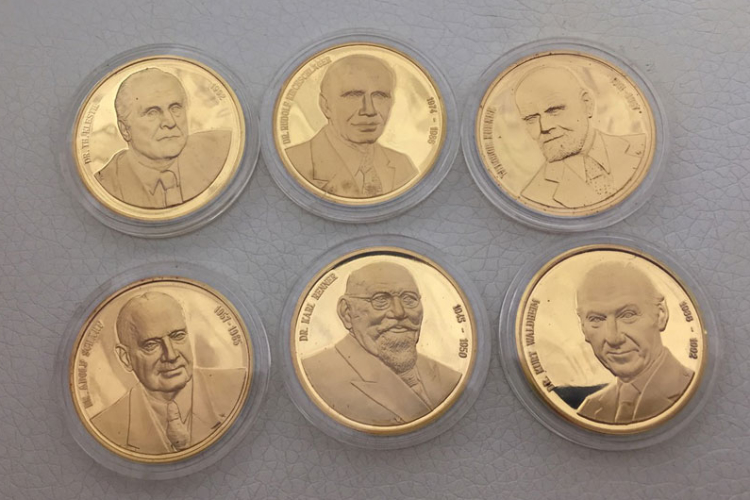
In general, precious metal coins are either used as investments (bullion coins) or as collector's items. While the material value of bullion coins is paramount, the value of collector coins is determined not only by the material but also by supply and demand from numismatists. Investment coins are calculated with the smallest margins in order to actually guarantee value retention - numismatic coins are traded at prices far above the material value and collector demand can drive prices to astronomical heights. But please do not succumb to the illusion that you will get "the" rare coin from a mail order company.
Because many laypeople are not aware of this distinction, it happens time and again that dubious coin dealers take advantage of this ignorance to sell coins and sometimes worthless medals at prices calculated to be the same or more expensive than, for example, a piece of jewelry at a jeweler. Mail-order dealers in particular, often with official-sounding names, repeatedly attract attention with their questionable business practices and regularly call consumer protection agencies into action.
Watch out for subscription traps!
Above all, the black sheep among coin dealers always attract attention through aggressive and misleading advertising in connection with subscription traps. Personalized advertising flyers and direct mail are used to lure potential customers with "exclusivity" and "unique offers": rare "collector's items" in "strictly limited editions" at a "preferential price".
If an unsuspecting recipient actually feels addressed and finally orders one of the advertised coins at a supposed bargain price, the subscription trap usually snaps shut.
Through such "collector services" (= subscriptions), further coins regularly arrive unsolicited in the letterbox shortly afterwards "for viewing" or as a "trial purchase". If these are not returned immediately, invoices, requests for payment and reminders, including debt collection agencies, flutter into the house.
But the subscription trap is not the only scam with which such companies rip off their customers.
Medals: Coin imitations, own coinage & refinements
In mid-January, a "gold-plated silver coin in honor of the new Federal Chancellor Sebastian Kurz" caused a stir and a parliamentary inquiry in Austria. However, the coin minted by a private mint was far from being an actual coin. This is because "coins" must be issued by central banks (e.g. the National Bank) and minted by official mints (e.g. the Austrian Mint), have a nominal value, fixed weight and fineness and are official means of payment.
Medals, on the other hand, can in principle be minted by anyone. In everyday life, we know medals as prizes or recognition, but they are often issued purely as commemorative or collector's items. Unlike coins, however, medals must also bear hallmarks of fineness, just like jewelry. Private mints like to issue such medals, for which there are always buyers via various sales channels.
However, it is safe to assume that these "strictly limited" medals will never be in demand among numismatists, nor will they experience the often touted increase in value. If you want to turn such medals back into money, expectations are usually bitterly disappointed. If the coins are made of precious metals, i.e. gold, silver or platinum, you can at least hope to get the pure material value.
Another product line offered by some coin mail order companies consists of post-colored coins. Here, official coins - such as 2 euro commemorative coins - are subsequently enhanced, i.e. (partially) gold-plated, silver-plated or colorfully painted and offered at a price significantly above their face value.
The problem is that "refining" the coin does not make it more valuable; on the contrary, it actually loses its function as a means of payment and is no longer even taken back by the National Bank.
Misleadingly advertised products, calculated with high margins
Which leads back to the general problem. Coins and medals are often advertised inaccurately and misleadingly in the glossy brochures or web stores of such mail order companies. Terms such as "refined from the purest fine gold" suggest a value that does not correspond to the actual material value at all. This often leads to a bitter awakening when trying to sell the "coins".
Almost every day, our employees are disappointed when their grandfather's supposedly valuable coin collection sells for just the melt price. Often the coins are "wonderfully high quality 24 carat gold plated" and underneath they are not even precious metal and therefore worthless. Real collectors rarely buy such goods and so there is usually only one thing left - disappointed faces and the melting pot.
Even coins with an actually quite high mintage or common bullion coins are labeled as "rare" as sets or in high-quality cases and sold at a significantly higher price. The picture on the left shows supposedly "rare" coin sets: Krugerrand bullion coins in a collector's set, the restrike of a 6-fold ducat, and a Vatican coin set with certificate of authenticity and certificate of ownership.
Our tips for identifying rogue traders:
- Don't be fooled by supposedly official names. Institutes" and "Kontore" are also just ordinary trading companies.
- Research the name of the company on the Internet. Pay attention to public ratings and reviews online and trust the experiences of other customers. Also use numismatics and precious metal forums.
- Also search Google News to see if there have been any negative mentions of the company in the media.
- Also research the product you want to buy. If a product is only available from this retailer, it is probably a medal of no particular value.
- Compare the prices of certain products with those offered by other retailers and also check with local retailers. If the prices are far below those of the competition, there is usually a catch.
- Always read the small print, keep your hands off merchants with "collector services" (subscription traps!) and be skeptical of wording that suggests special exclusivity ("Only for loyal regular customers").
- If you want to buy coins as an investment, you should always choose standardized bullion coins such as the Vienna Philharmonic, the Maple Leaf or Kruegerrand coins and always compare prices on other price sites (e.g. Gold & Co - current precious metal prices ) before buying.
Would you like to buy investment coins with real value or collector coins for which there is a real market, or do you have coins or medals in your possession that you would like to turn into cash?
The staff in our two branches will be happy to advise you if you would like to buy gold, silver or other precious metal coins, or to estimate the value of your coins and medals transparently.

